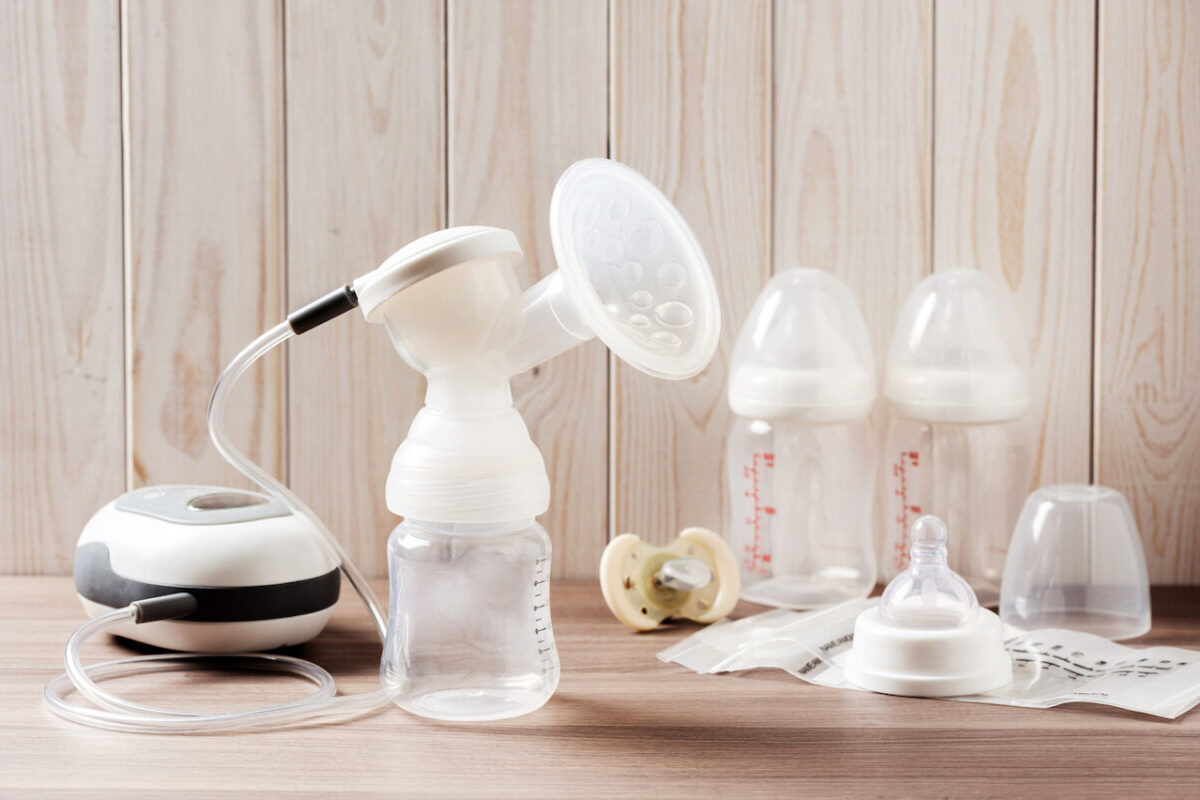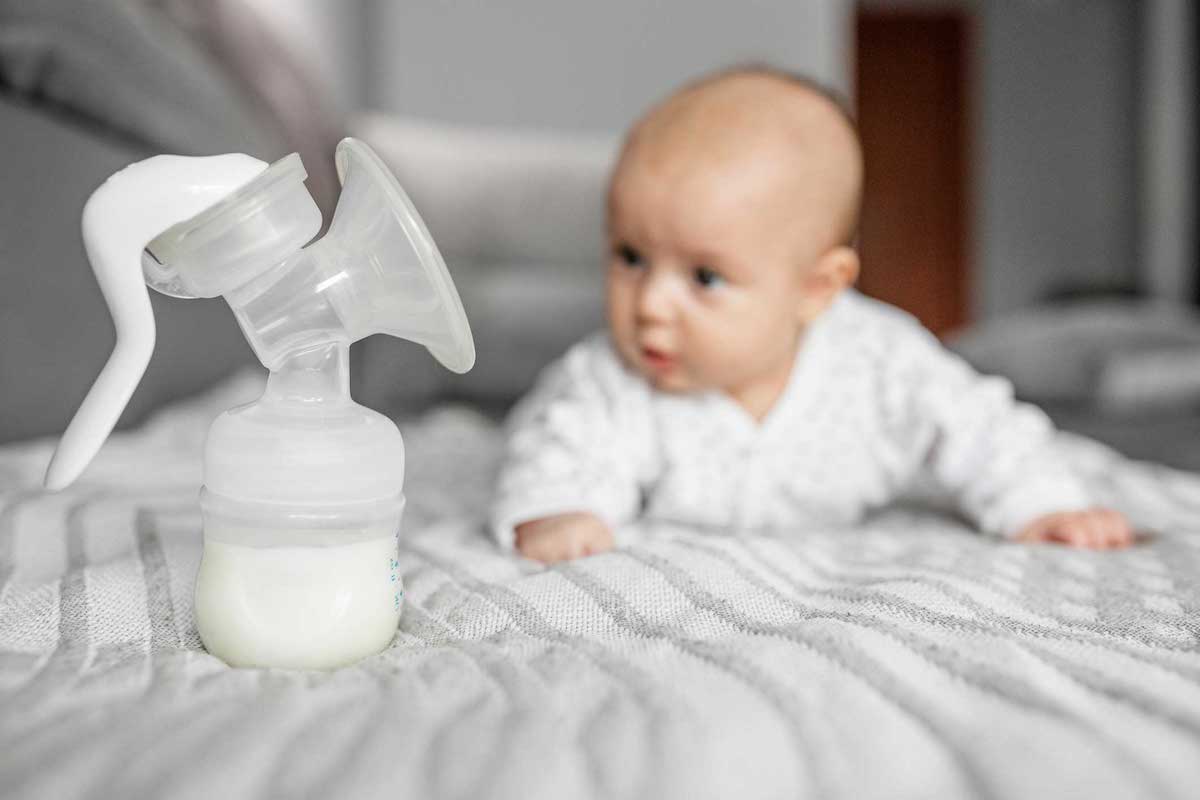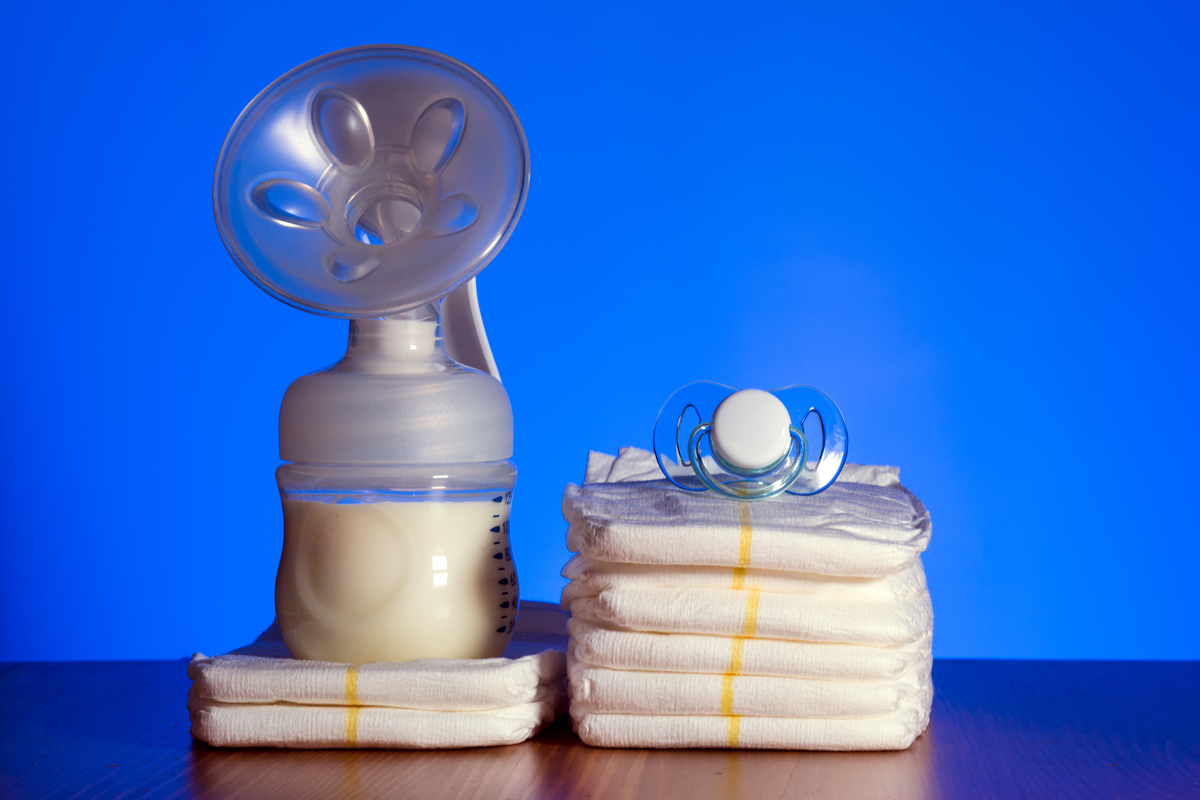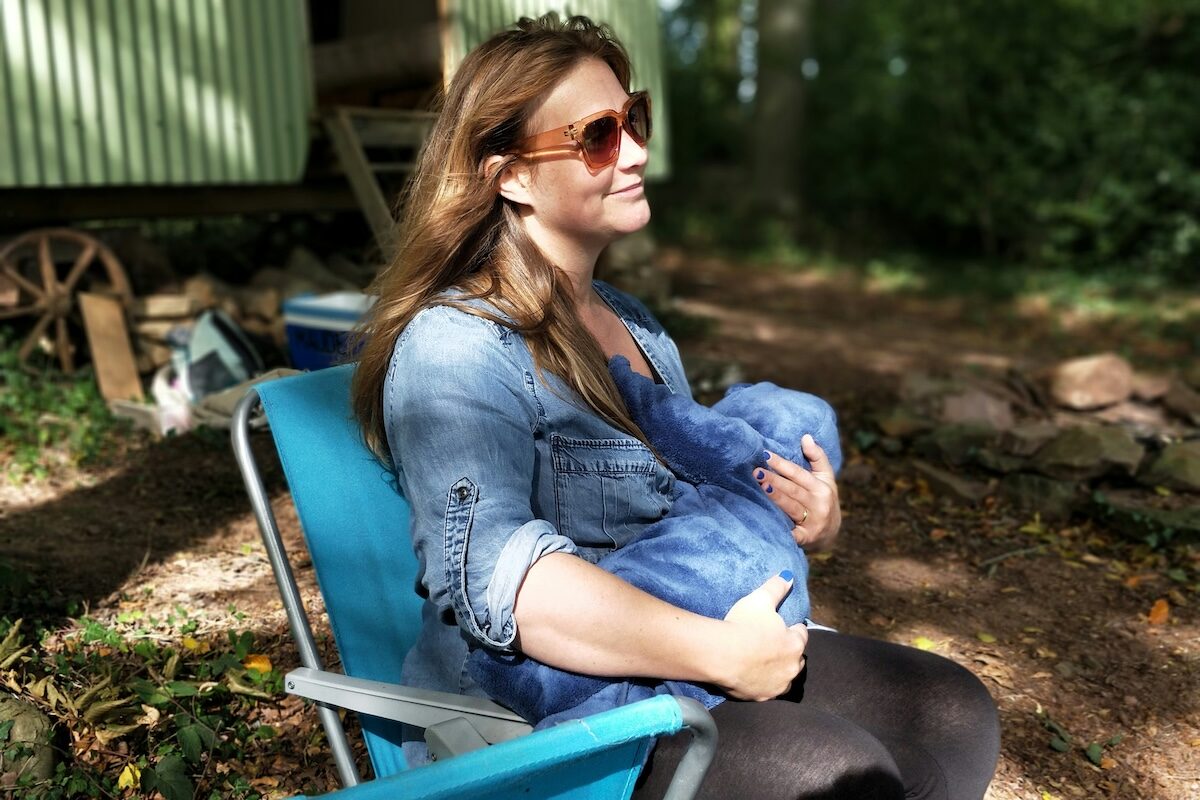I have a one-month-old baby, and I am so tired. It would be so nice to sleep through the whole night sometimes, but even when my husband takes the whole night shift, I still wake up to pump. Now that my milk supply is established, what happens to my daytime milk supply if I stop pumping/nursing at night?
—I hate waking up to pump!
This is an example of a question where I think we could have better data than we do. So before giving you a (biology-based) answer below, I’ll put a pitch in for how we might create that and see if someone can do it.
Here’s how I think we’d get this answer. Take women who are exclusively pumping and recording their amounts, either through an app associated with the pump or in some other way. I know these people are out there, because otherwise this newsletter wouldn’t exist. Use data on milk production over time, and observe when people drop their nighttime pump and see what happens, on average, to day production. There are some complexities — ideally, you’d look for people who are clearly aiming to continue their same daytime routine — but I think it’s doable.

But! For now, we do not have this. What we do know is that the most important determinant of breast milk supply is demand. If you stop nursing and pumping overnight, your nighttime supply will go down. Your daytime supply might also, but (anecdotally) it depends on the person and the timing. Certainly many people have babies who sleep through the night and they nurse during the day, so this is entirely possible. But some people also find their supply drops during the day when they drop the night feedings. Having said all this: sleep is also very, very important and can affect supply.
A final note: There is some evidence that night nursing is especially effective at suppressing menstrual cycles. So if you’re planning on using breastfeeding as birth control — first of all, that’s not 100% effective in any case, and, second, it will be less effective without night nursing.
Community Guidelines




















Log in
Prolactin is the hormone that drives milk production and it typically peaks between 2am and 6am. Some people can go through the night without pumping and it won’t affect their supply, but most people need to pump at least once during that early morning time period so that the body keeps making the same level of milk throughout the day.
I will start by saying that I am not an expert and everyone is different with respect to what happens when you drop a pump session or feed. However, some of this is dependent on your breast storage capacity and many women use the ‘magic number’ to determine how often they need to pump to maintain their supply. The takeaway is that if you have a larger storage capacity then you may not need to pump overnight to keep your supply. More info can be found here: https://www.spectrababyusa.com/the-magic-number/#:~:text=The%2520%E2%80%9CMagic%2520Number%E2%80%9D%2520is%2520based,you%252C%2520and%2520we%2520support%2520you!
Well in my case dropping night nursing (when my baby started sleeping 8+ hours a night straight by 2 months) was followed by a dramatic collapse in supply…while there were a number of factors (one of them, period return, itself caused by long stretches of no night nursing), the lactation consultants indicated that going more than 6 hours without pumping or breastfeeding at night was a major factor.
So if it is important to you to breastfeed or pump, you might not want to take the risk, especially so early, like in my case. I went from an abundant supply to struggling to provide even half of my baby’s daily intake.